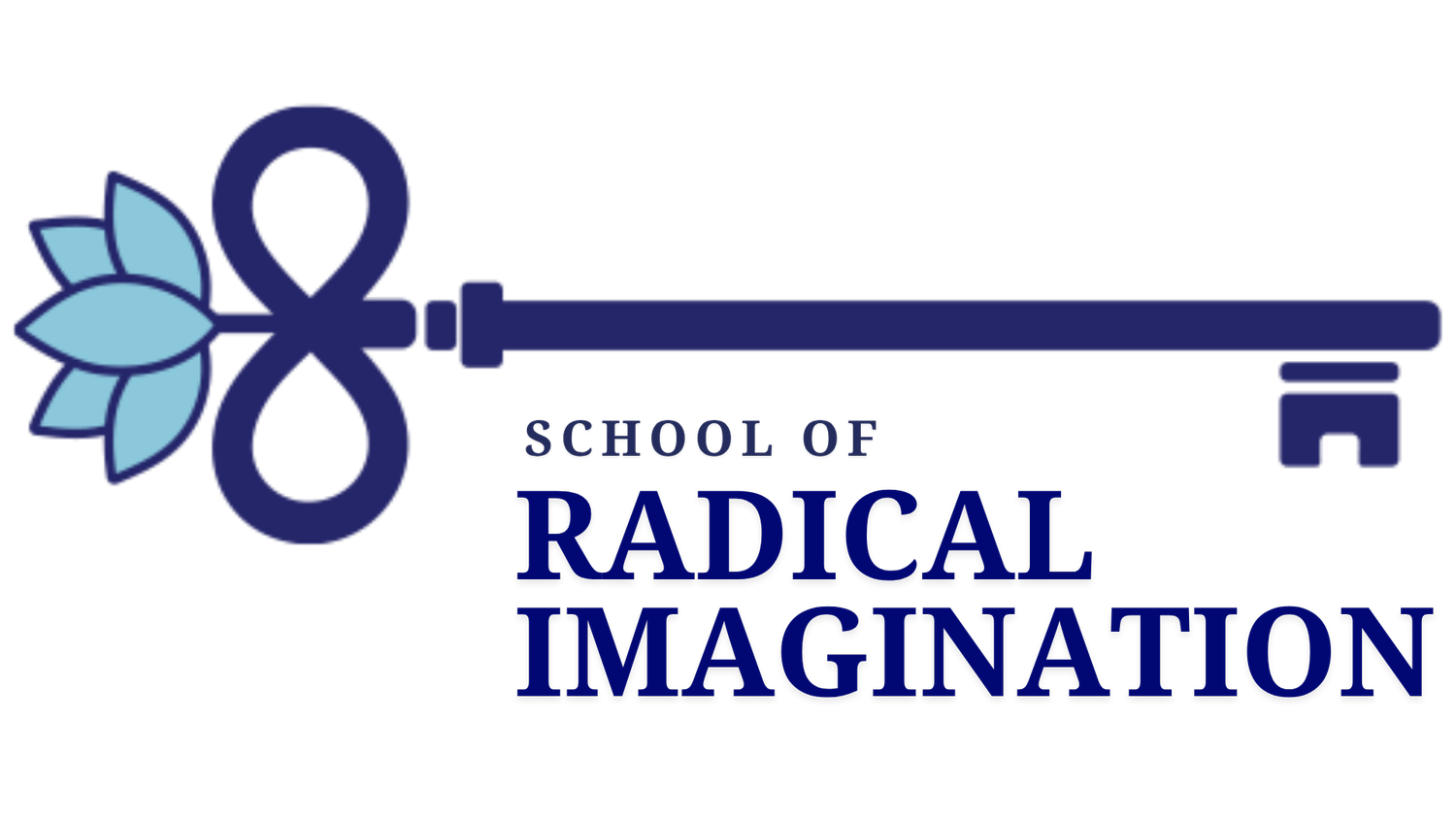The Cyberpsychology of AI Creativity
Reshaping our understanding about creativity in today’s AI-everything world
This 8-week course explores the evolving relationship between human imagination and machine-generated creativity in the age of artificial intelligence. Starting with a psychological and philosophical grounding in human creativity and imagination, students will journey through the aesthetic, ethical, and labor dimensions of AI's impact on the creative process.
Weekly sessions blend theory, reflections, discussions, and some hands-on experimentation with AI tools is explored later in the course.
Throughout, we ask questions such as:
● What defines creativity in a world of synthetic outputs?
● Can machines truly co-create, or are they mimicking us?
● Who owns creative labor in the age of algorithms?
By interrogating these questions, students will leave equipped not just with technical knowledge, but with a critical, ethical, and imaginative lens on the future of creativity.
Mayra Ruiz-McPherson, PhD(c), MA, MFA is a technology ethicist and qualitative futurist focused on affective computing, cognitive science, artificial intelligence, humanoid robotics, and the expanding world of human-and-machine relationships. In addition to her human-computer interaction (HCI) studies, Mayra is also a visual artist who holds an Illustration MFA and possesses 30 years of immersive brand design, creative strategy, and marketing technology experience. Her holistic, interdisciplinary background offers students of this course tremendous, unique insights into this burgeoning and important topic, which impacts our iterating ideas about organic and synthetic creativity in today's AI-everything world.
-
Critically explore the psychological foundations of human creativity: Understand key theories from humanistic and cognitive psychology to ground creative expression in a human-centered framework, independent of technology.
Differentiate between imagination, creativity, and aesthetic experience: Explore how imagination fuels creativity and how both intersect with philosophical and psychological aesthetics, enabling students to articulate nuanced distinctions and understand the mechanized interpretations of these constructs in the context of AI
Analyze the concept of “synthetic creativity” and how generative AI simulates creative processes: Learn how AI models generate content and explore the boundaries between human originality and machine-generated output.
Develop ethical awareness around AI as a creative collaborator or surrogate: Examine the implications of co-creating with AI tools, including authorship, authenticity, labor displacement, and the commodification of creativity.
Experiment with prompt engineering as a creative, iterative craft: Engage in hands-on activities with generative tools (text, image, video) to learn how language shapes AI output and how humans can steer machine imagination.
Evaluate the sociocultural and economic impact of AI on creative labor: Assess how AI reshapes artistic professions, cultural production, and labor markets through critical case studies, media analysis, and class discussions.
Articulate a personal philosophy of creativity in an AI-mediated world: Synthesize course insights to reflect on one’s evolving role as a creative human, considering how to responsibly navigate and shape emerging machine-assisted futures.
Apply course concepts through a self-directed mini project and peer review process: Demonstrate learning, reflect on personal insights, and exchange feedback with peers through a final creative or critical project that integrates key course themes.
-
AI Upskillers, Technologists, Artists, Educators, Professional designers
-
AI Image Series (3 Visuals + Creative Statement)
Theme: Generate 3 AI visuals (e.g., using Midjourney, DALL·E, RunwayML, etc.) and write a short creative statement (300–500 words) reflecting on:
The prompts used
The process of visual co-creation
Ethical or aesthetic tensions encountered
-
8 Weeks
Class is limited to 25 students. Sign up to be notified when registration opens.

